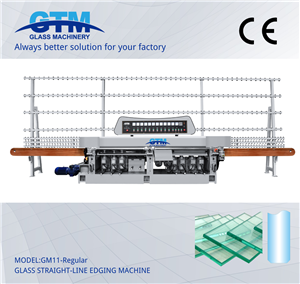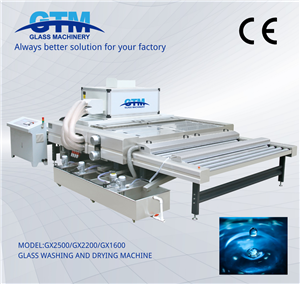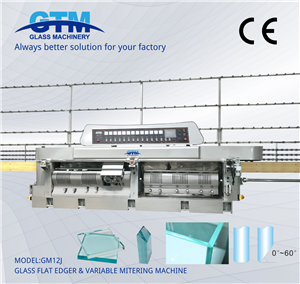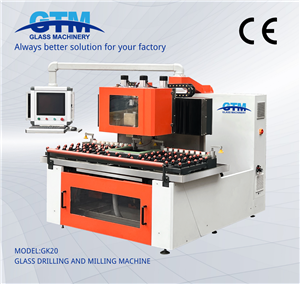Development and application of glass machinery
Glass is an important material widely used in construction, automobiles, electronics, medical and other fields. Its production and processing require various advanced glass machinery. Glass machinery not only improves production efficiency, but also ensures product quality and promotes the rapid development of the glass industry.
Types of glass machinery
There are many types of glass machinery, which can be divided into the following categories according to their functions:
Melting equipment: Glass raw materials such as quartz sand, soda ash and limestone need to be melted at high temperatures to form a uniform glass liquid. The main melting equipment includes tank kilns and crucible kilns.
Molding equipment: After the molten glass is melted, it needs to be formed into the required shape through molding equipment. Common molding methods include float molding, calendering and blow molding.
Annealing equipment: Glass needs to go through an annealing process after forming to eliminate internal stress and increase strength and stability. Annealing furnace is the main annealing equipment.
Processing Equipment: To meet specific application needs, glass requires further processing such as cutting, punching, edging and drilling. Equipment used in these processes includes cutters, edgers, and drills.
Inspection equipment: In order to ensure the quality of glass, various inspections are required during the production process, such as optical inspection, thickness inspection and surface defect inspection. These inspection equipment include laser thickness gauges, optical detectors and surface defect detectors.
Technical progress of glass machinery
With the advancement of science and technology, glass machinery has achieved significant development in automation, intelligence and precision:
Automation: Modern glass production lines generally adopt automation technology, including automatic feeding, automatic forming and automatic packaging, which greatly improves production efficiency and reduces labor intensity.
Intelligentization: With the development of artificial intelligence and Internet of Things technology, glass machinery is gradually developing in an intelligent direction. The intelligent detection system can monitor the production process in real time, detect and correct production abnormalities in time, and improve product quality.
Precision: High-precision processing and testing equipment brings the dimensional accuracy and surface quality of glass products to new heights, meeting the demanding requirements of the high-end market for glass products.
Application areas of glass machinery
Glass machinery plays an important role in several industries:
Construction industry: The production of building materials such as glass curtain walls, doors, windows, and decorative glass is inseparable from advanced glass machinery. Especially the application of oversized and special functional glass has higher requirements on glass machinery.
Automotive industry: Automotive glass needs to have high strength, impact resistance and good optical properties. These properties rely on high-precision molding and processing equipment.
Electronics industry: Electronic products such as display glass and touch screen glass have extremely high requirements on the transparency, flatness and thickness uniformity of the glass, which requires sophisticated production and testing equipment.
Medical industry: Laboratory vessels, medical equipment, etc. have special requirements for the chemical resistance and optical properties of glass. The production of these glass products requires professional glass machinery.
in conclusion
As an important part of the glass industry, glass machinery's technical level directly affects the quality and production efficiency of glass products. With the continuous advancement of science and technology, glass machinery will achieve greater development in automation, intelligence and precision, further promoting the prosperity and development of the glass industry.




